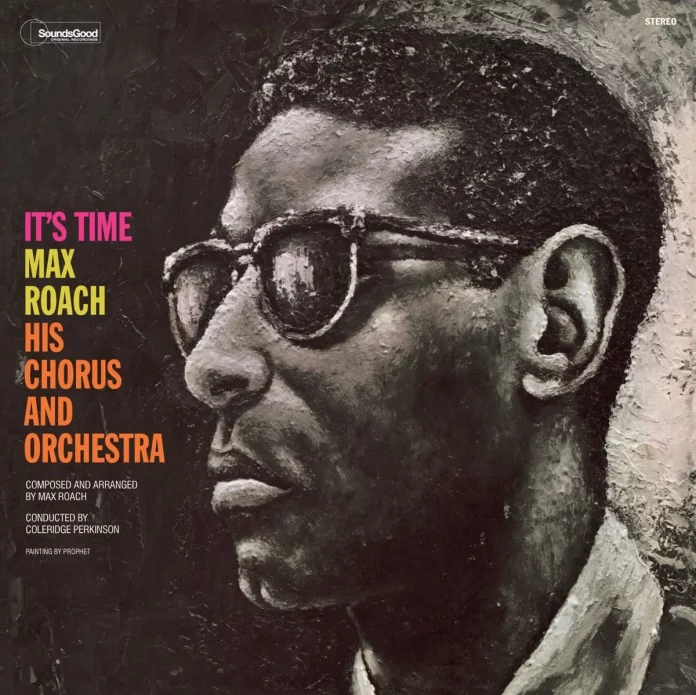Roach was busily pursuing his freedom and equality for all peoples during this period and his albums all had a political flavour. Following a successful album for Candid Records he had switched to Impulse, a new label with a fresh-looking approach to jazz.
For this 1962 session Roach recruited a 16-piece choir conducted by Coleridge-Taylor Perkinson. The six original compositions were all written by the drummer. The Roach sextet play in their usual way and the choir interject with stark, wordless vocals.
It doesn’t really work, in my opinion. The shouts and chants only detract from what are spirited bop solos from the front line of Williams, Priester and Jordan. All three play well paced, neatly constructed hard bop solos supported by the driving rhythm of Roach, Waldron and that pure-toned bassist, Art Davis. It is all as well integrated as possible but will leave many listeners wondering why these harsh voices are getting in the way of some sterling bop solos.
The only track that does work well, I feel, is the final Lonesome Lover, where Abbey Lincoln sings her own lyric and the choir support her in a sort of call and response manner. Words are used by all in this last, effective track. Jordan takes a powerful, charging tenor solo and Max thrashes away to good effect behind him. This A minor, three-time opus ends with a strong bass solo by Davis and the reprise of her vocal line by Ms Lincoln. But unless you are into gospel choirs mixing with hard bop, I should approach this one with caution.
Discography
It’s Time; Another Valley; Sunday Afternoon; Living Room; The Profit; Lonesome Lover (43.54)
Roach (d); Richard Williams (t); Julian Priester (tb); Clifford Jordan (ts); Mal Waldron (p); Art Davis (b); Abbey Lincoln (v). Orchestra arranged and conducted by Coleridge-Taylor Perkinson. NYC, 15, 26 and 27 February 1962.
Soundsgood 66416
















